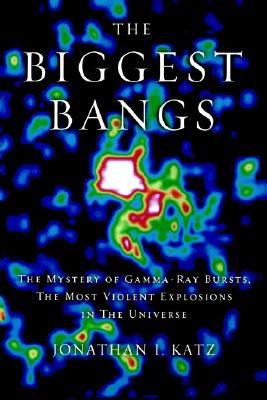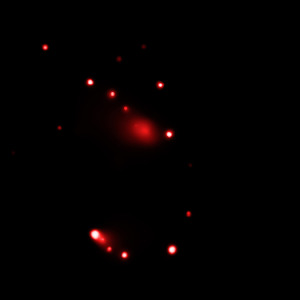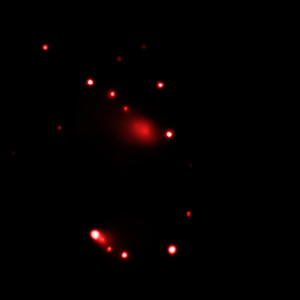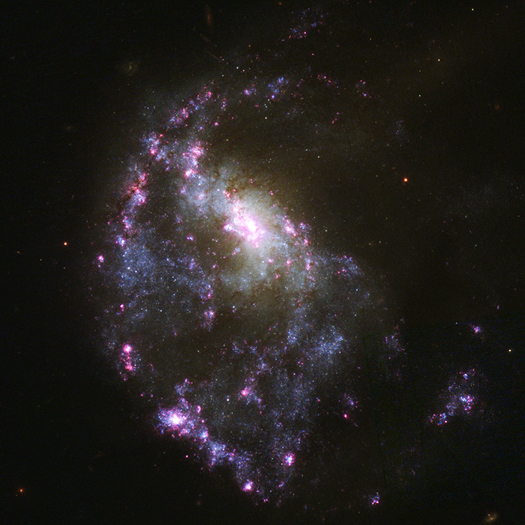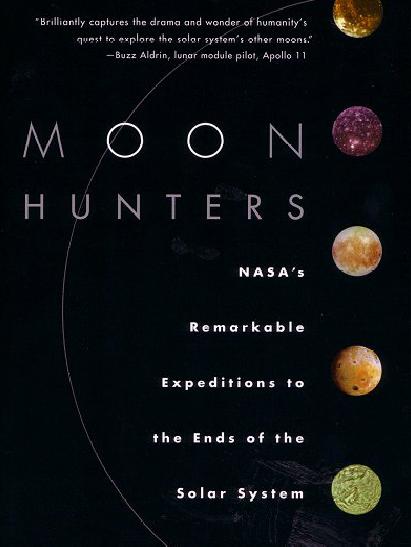Kirk Sorenson does an excellent job describing the current state of the American nuclear energy program and its future. He sees hope from the current enthusiasm of the Chinese, who are developing extensive nuclear reactor technology. Perhaps their focus will encourage the rest of the world. The nuclear energy field has been plagued by misconceptions for decades. There is a definite need for someone to stand up and cut through all the ignorance surrounding this important subject.
There are probably hundreds of new reactor designs. Kirk’s favourite is the Liquid Fluoride Thorium Reactor (LFTR). He talks extensively about its benefits, its problems, its safety, and how it can be put into operation. Hopefully, people will see his arguments as valid and convincing. Read more on his blog: Energy from Thorium. Gordon McDowell’s videos present the ideas of Sorenson in a clear and concise manner and there are numerous lectures and talks given by Sorenson on YouTube.
I would also recommend James Mahaffey’s book, Atomic Awakening.

